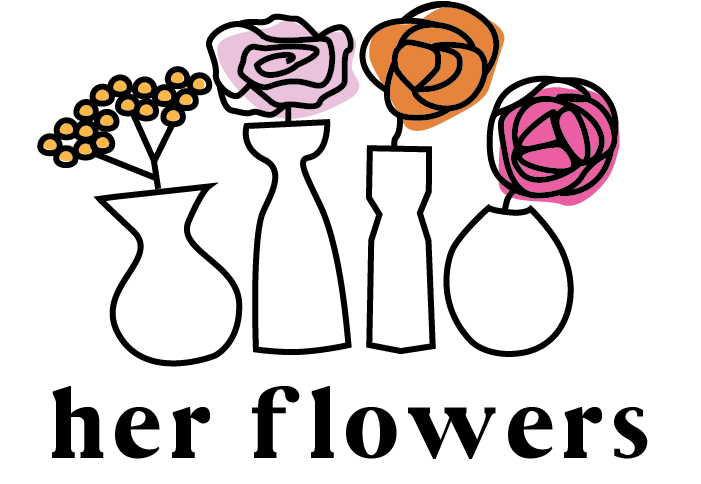Meeting People Where They’re At: An act of resistance and reconciliation
By: Daniela E. Miranda
In 2018, I was doing research alongside a group of Roma women living in a marginalized neighborhood in Sevilla, Spain. During one of our many exchanges over a cup of coffee, we discussed the different roles of women and girls in our communities. We dissected the meaning of femininity, marriage, motherhood, and family. My colleague, a fantastic and proud Roma woman, Sara, asked me:
Why is it that to be a feminist, I have to be and look like you?
Me. Daniela. AKA: Single with no children, almost 30, a proud cat mom, living alone in a country far from my own, who had the privilege to choose to do a Ph.D. which implied years of study. I was the face of feminism to her? WHAT?
When did the feminist movement become a space for one type of person? The person that comes to mind for many of us, including Sara, is the well-read, elite woman who does the following bit: “you’ve never heard of [insert the name of an important, influential thinker]” and you automatically are shamed into silence and your body begins to feel as though it is shrinking into nothing.
Despite my story, despite my background–I have been on both the giving and receiving end of this, time and time again.
When did feminism mean that we all must have the same experience? Revisiting the words of bell hooks, I came across a quote written in the ’80s that resonated with the questions I am asking myself now:
“It is obvious that many women have appropriated feminism to serve their own ends, especially those white women who have been at the forefront of the movement; but rather than resigning myself to this appropriation I choose to re-appropriate the term ‘feminism’, to focus on the fact that to be ‘feminist’ in any authentic sense of the term is to want for all people, female and male, liberation from sexist role patterns, domination, and oppression.”
Both Sara and bell reminded me how off base the feminist movement is. We are not acknowledging the various experiences of other people. We are losing our capacity to see ourselves in the other. The feminist fortress, once a safe haven for many, has begun to have little relevance and room for others. In fact, many people have been left out altogether and in some cases, ignored and/or threatened by it.
In order to reframe a feminist agenda, and get back on track towards true inclusivity, I propose we start meeting people where they are at.
Welcome to the Her Flowers new blog series, Meeting People Where They Are At! I am going to invite you into some uncomfortable spaces. I am going to ask hard questions. I want to show my vulnerability as I try to deconstruct my preconceived notions of the world and sit with the contradictions. I want to become more authentic in my feminist views and actions.
At this very moment, as we are confronted with complex issues on a global scale, we are having difficulties finding commonality between ways of being and thinking. In some manner, we have all been a part of the problem and replicated the very thing we are criticizing. We have normalized cancel culture, we have humiliated one another, we have become arrogant, and we have been rigid.
More than ever, we are witnessing a pandemic of polarizing viewpoints in politics. The word “polarizing” means that there are two sides that have become completely reactionary towards one another. This has fueled an “in-group” and “out-group” effect, each with its own rules, words, means of communication, and way of finding social support. We all want to be surrounded by people we feel identified with to make our personal experiences less lonely.
How do we do this? We adopt a similar discourse to feel protected by one another and exchange information that reaffirms our viewpoints. Social media and virtual signaling have been something we have all done across the board. Over time, this process distances us from anyone who makes noise different from the noise we want to hear. What price are we paying for this and who are we leaving behind?
The time has come to slowly break free from our learned dialogues and opinions that do not capture each other’s very nuanced experiences.
Here is a sneak peek into some questions I will be exploring these upcoming months:
What if we began to see the “women who make different choices from our own” as a person with their own struggle and acts of resistance?
What if we began to see the “dads who did not show up for their daughters”, as having their own pressure to uphold their own gendered standards and replicate it in their family structures as an act of love and care?
What if we began to see the “toxic ex-boyfriends and f*ck boys” and start seeing them as someone who was never given space to process and practice their emotional competencies?
What if we begin to see the “far-right” as a group of people who are using superiority as a way to feel valued?
Her Flowers hopes to instigate new conversations, build new spaces of resistance that begin to see the humanity in the “other” (whomever that other is for you). Stay tuned!

